18th Century Aromanian Writers: the Enlightement and the Awakening of National and Balkan Consciousness, Nistor Bardu --
Or: how the bilingual, wealthy and educated Vlachs of Moskopole and Janina created Balkan literacy, created and formed modern Greek literacy, culture, and identity.
In PDF format:
Some notable names (among many others):
Ioannis Chalkeus (Vlach from Moskopole)
Theodore Kavallioti (Vlach from Moskopole)
Eugenios Voulgaris (Bulgarian from Corfu)
Or: how the bilingual, wealthy and educated Vlachs of Moskopole and Janina created Balkan literacy, created and formed modern Greek literacy, culture, and identity.
In PDF format:
Some notable names (among many others):
Ioannis Chalkeus (Vlach from Moskopole)
Theodore Kavallioti (Vlach from Moskopole)
Eugenios Voulgaris (Bulgarian from Corfu)


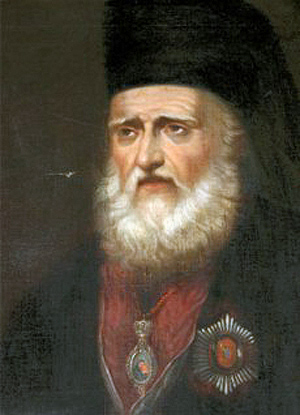

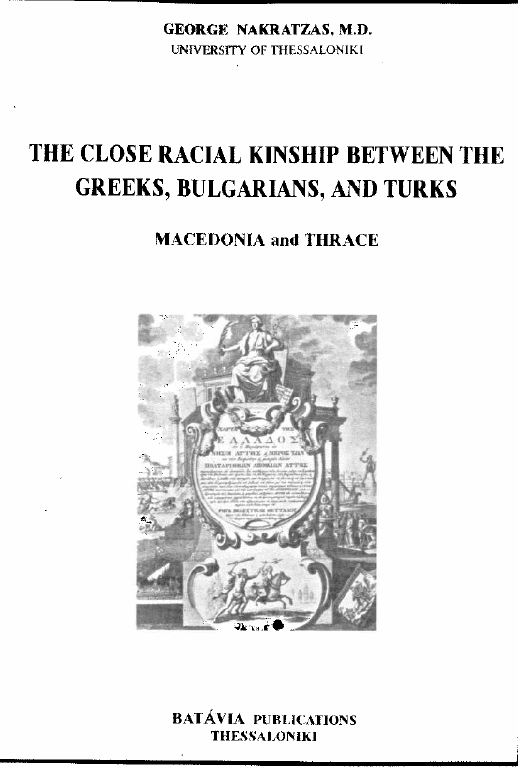
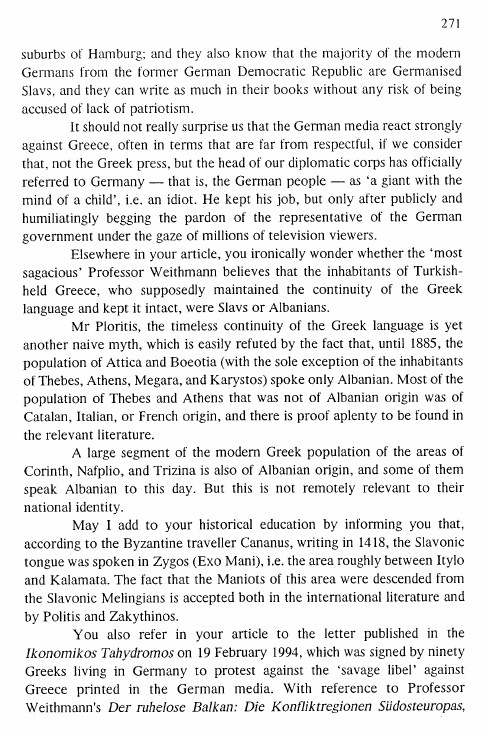
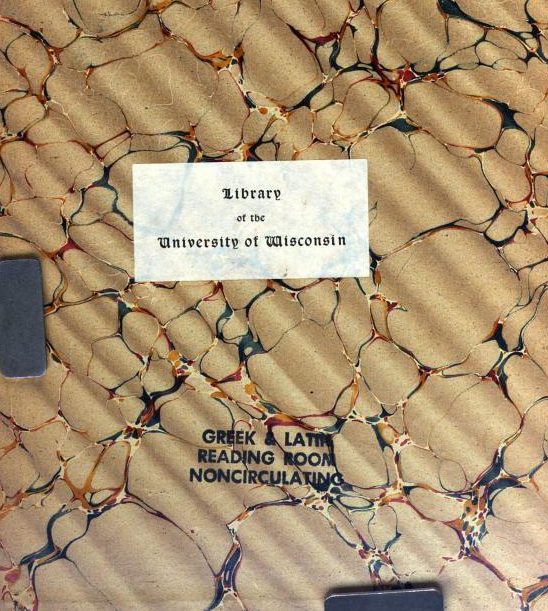
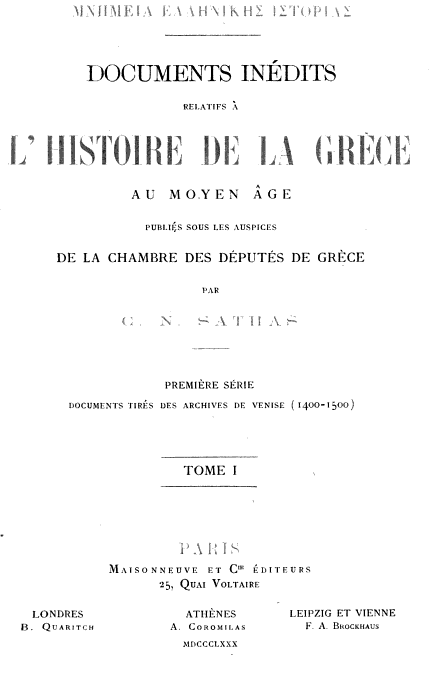
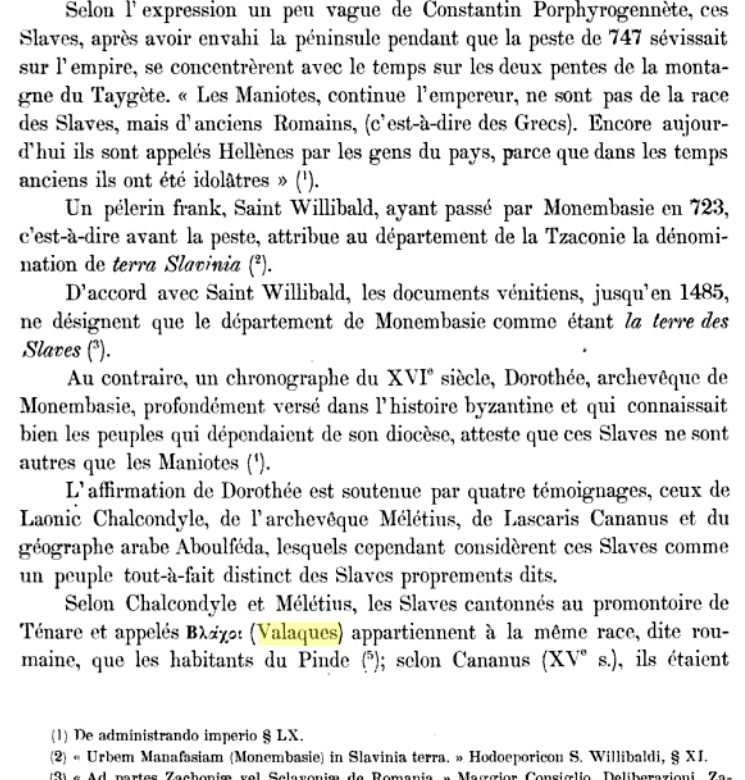
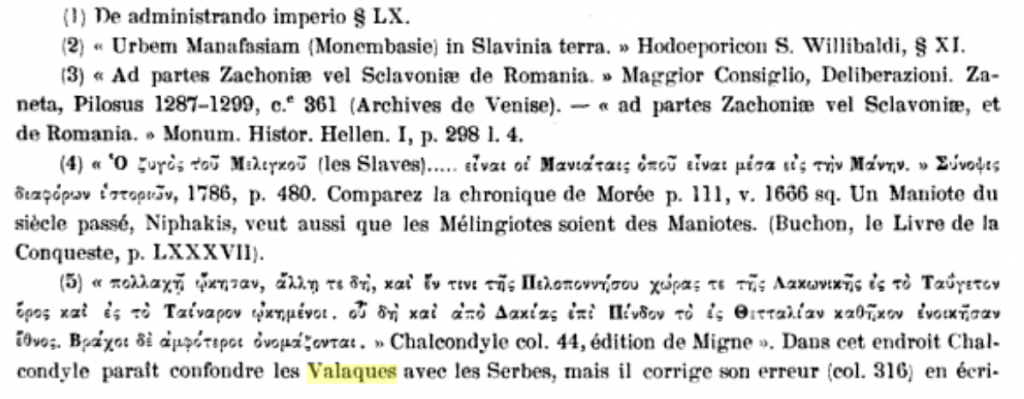
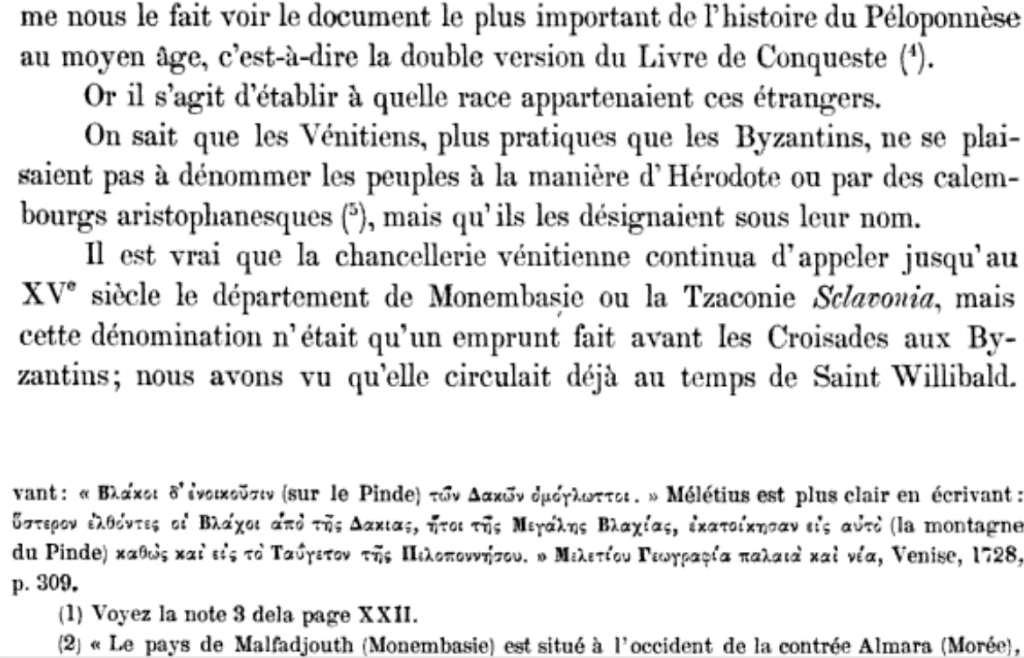
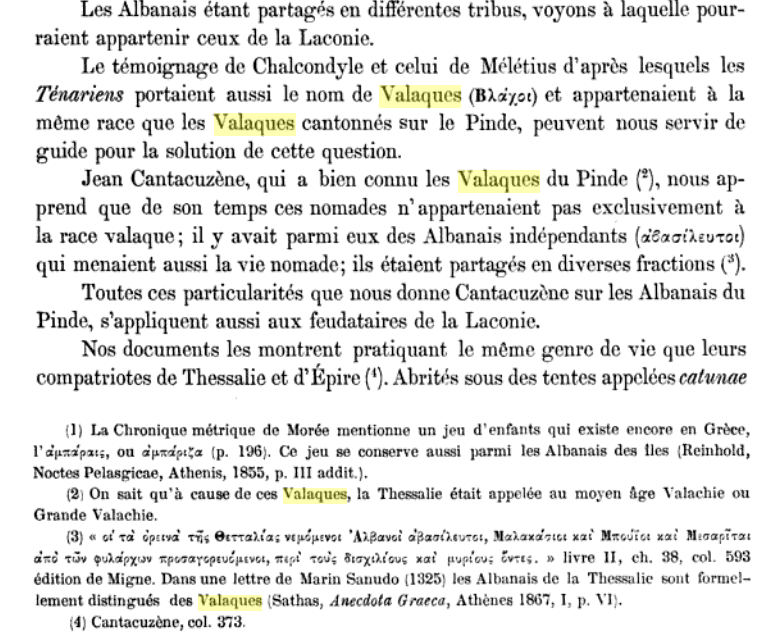


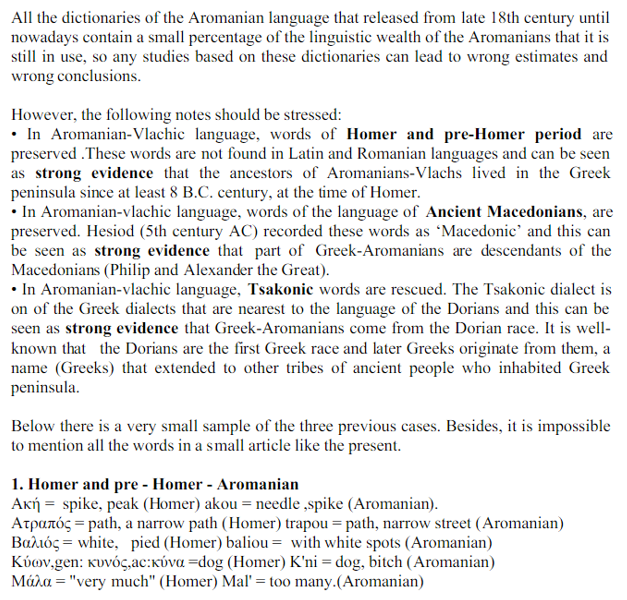
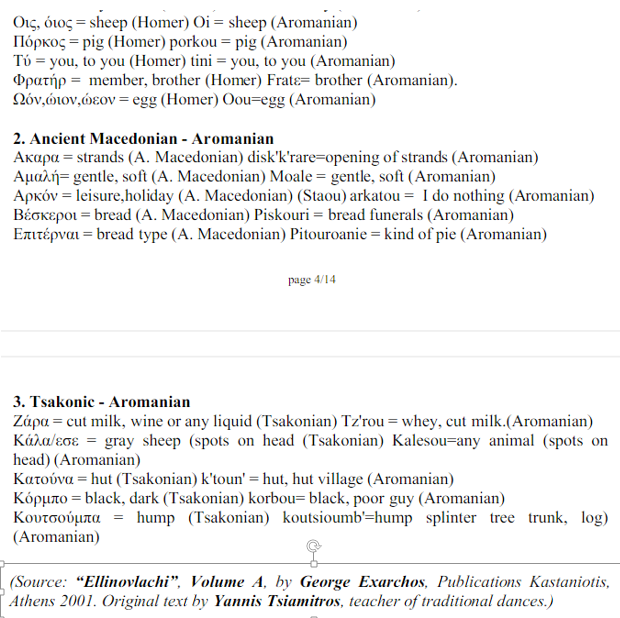


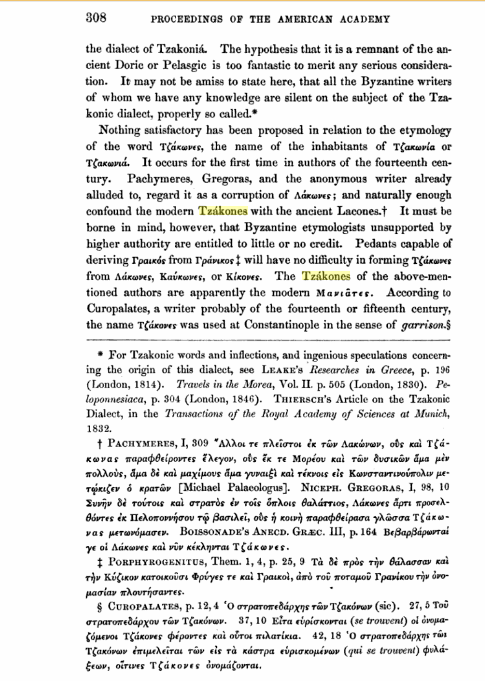
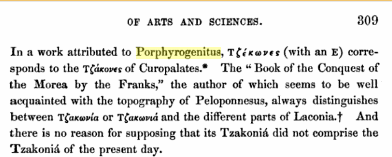
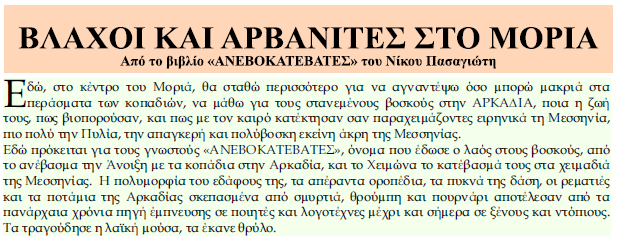
Comment